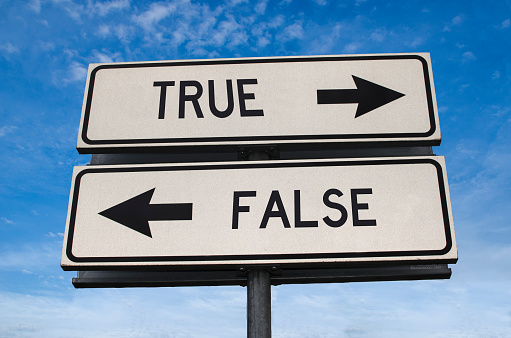
This statement is false. Here the opening statement must be false if it is true, and true if it is false. In other words, if the statement is false, then that means it must be true. But if the statement is true, then that means it must be false. The Liar Paradox is the paradox that results from pondering the truth of the statement: This statement is false.
Kurt Gödel is considered one of the most important logicians in history. Gödel’s 1931 paper includes two theorems about how mathematical logic is incomplete. These are now called Gödel’s First and Second Incompleteness Theorems. His two theorems are similar to the Liar Paradox because similar self-referential statements (referring to mathematical provability rather than truth) are analyzed.
The First Incompleteness Theorem says that any consistent formal system that includes a certain amount of basic arithmetic has to be incomplete. There will always be statements that can neither be proved nor disproved within that system. The Second Incompleteness Theorem says that these types of formal systems (the ones containing a certain amount of basic arithmetic) can never prove their own consistency, unless they are inconsistent.
The takeaway is this: Logicism is a philosophy of mathematics that states mathematics is an extension of logic and that mathematics is reducible to logic. Gödel shows that any formal system like logicism, despite its clearly stated axioms and clearly stated rules of logic, is inherently either incomplete or inconsistent.
You are invited to click here for a brief TED-Ed video on Gödel’s Incompleteness Theorem.
~ Boethius ~